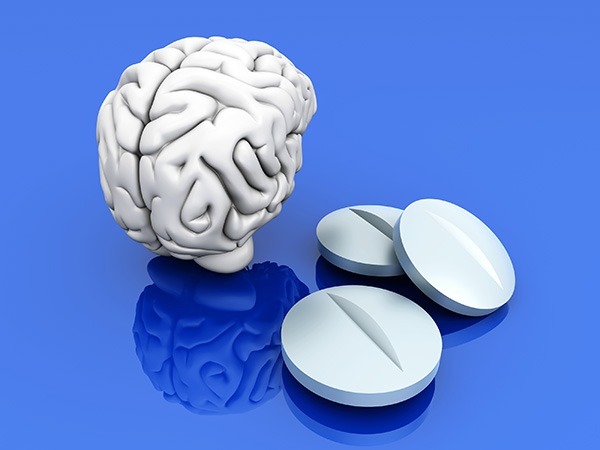Posts Tagged ‘college students’
Study finds mixed results of Adderall as cognitive enhancer (seems to boost emotion more than cognition)
Over the past 15 years there has been growing awareness that many college students without an ADHD diagnosis use ADHD drugs. On some campuses, rates of self-reported non-medical use have exceeded 30% of students. The primary reason students report taking ADHD drugs is to enhance their academic performance. And, the strong majority of students —…
Read MoreStudy shows how practicing gratitude can help train your brain and improve mental health over time
— With the rise of managed health care, which emphasizes cost-efficiency and brevity, mental health professionals have had to confront this burning question: How can they help clients derive the greatest possible benefit from treatment in the shortest amount of time?
Read MoreStudy: Why Super Mario 3D World may train your brain better than Angry Birds
Playing 3‑D video games can boost memory formation, UCI study finds (UCI News): “…Craig Stark and Dane Clemenson of UCI’s Center for the Neurobiology of Learning & Memory recruited non-gamer college students to play either a video game with a passive, two-dimensional environment (“Angry Birds”) or one with an intricate, 3‑D setting (“Super Mario 3D World”)…
Read MoreStudy: Can self-monitoring help promote academic success, and reduce ADHD symptoms, in college students with ADHD
. College students with ADHD are more likely to drop out than other students, have lower grade point averages, and endorse more academic difficulties overall. Approximately 25% of college students with ADHD receive academic accommodations,
Read More



